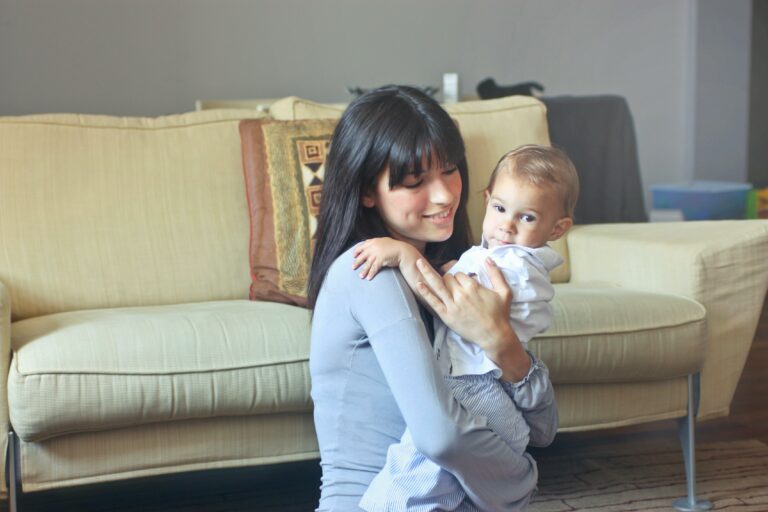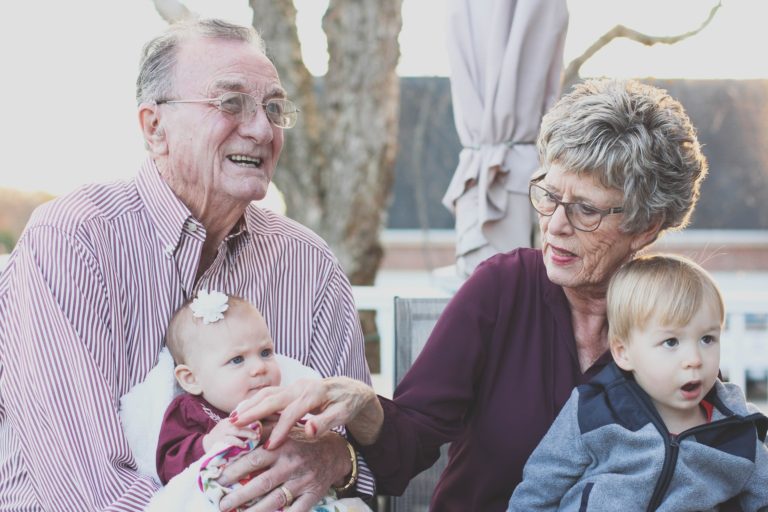
Stay-at-Home Parents Need an Estate Plan
Any family’s estate plan must address all aspects of life, planning for incapacity and death. It’s easy to overlook the Stay-at-Home Mom (SAHM) or dad. They don’t have paychecks, raises, reviews, or PTO. But, overlooking the importance of what the SAH parent does for the family is a big mistake, and this includes neglecting estate planning, according to a smart article from The News Enterprise: “Stay-at-home parents must be deliberate about estate plans.”
For one thing, life insurance needs to be in place for both spouses. It may be easy to define the amount of insurance for the spouse working outside of the home, but the SAH parent’s tasks also need to be insured.
How long will the children be at home needing care, and what would daycare or a caretaker cost? How much would it cost to hire someone to cook, clean, do laundry, and run the household?
If children are home-schooled, how will the SAH parent be replaced? Will the children start attending public school, or is private school more aligned with the family’s values?
It’s easy to think the working parent will slide into these tasks, but unrealistic, as any single working parent will tell you. The children will be dealing with grief and emotional upheavals—adding a stressed parent to the mix who is also dealing with grief will make for a terrible situation.
In addition to having the right amount of life insurance, estate planning documents should be prepared with an eye on this possibility. The last will and testament is used to name a guardian for minor children, who will be responsible for raising the children if both parents are unable to care for them because of death or incapacity. A revocable trust should be considered, and a trustee should be appointed to ensure the funds are available for the children’s care and education.
The revocable trust can also ensure the children are not disinherited if the surviving spouse remarries.
This plan needs the review and guidance of an experienced estate planning attorney to ensure the will is correctly created to protect the children and set up any needed trusts.
Stay-at-home parents are often the glue keeping the family running. Replacing them isn’t possible—but preparing for life’s ups and downs will help the family adjust to any major changes.
Reference: The News Enterprise (May 25, 2024) “Stay-at-home parents must be deliberate about estate plans”


